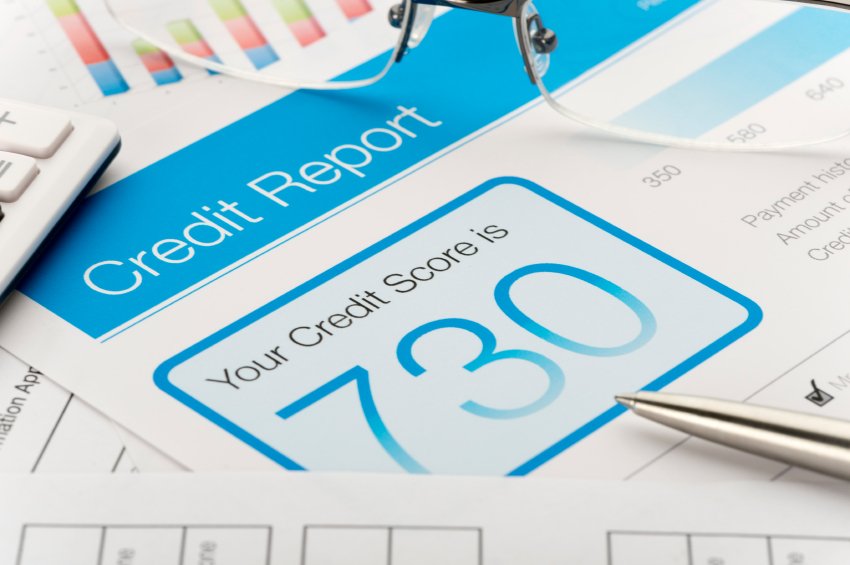
Photo credit: iStock / Courtney Keating, Veridium Photo
Unless you’re paying cash to purchase your home, which most homebuyers can’t do, you’ll need to get a home loan. That means lenders will look at your credit score to determine whether they’re going to approve you for a mortgage or not.
What Does Your Credit Score Mean?
Your credit score is a three-digit number that represents your ability to pay off your debt. It’s calculated based on information on your credit report. Your credit report includes personal facts about you, your financial history, and information about how well you’ve handled your finances and paying your debts in the past. Lenders look at your credit score to decide if you’re going to manage your mortgage loan well and pay off your debt in a timely manner.
What Credit Scores Are Used by Lenders?
While lenders may use a variety of credit scores, the main credit reporting agencies – Equifax, Experian, and TransUnion – use the FICO (Fair Isaac and Corp.) Score. Your FICO Score is determined using a proprietary mathematical equation. This calculation looks at your credit report and compares it to hundreds of thousands of other credit reports to determine your credit risk level.
What It the Average Credit Score?
Credit scores can range from 300 to 850 points. Generally, the higher your score, the better. Lenders will perceive you to be less of a credit risk. Average credit scores range between 660 and 720. Typically, a score above 680 will increase your chances of getting a home loan. However, the minimum credit score needed to buy a home isn’t set in stone. This number is affected by the state of economy. Plus, the type of loan you’re getting, such as a conventional, FHA, or VA loan, can affect the minimum credit score required.
Why Do You Need to Know Your Credit Score?
You need to know your score before you apply for a mortgage since it can affect:
- Your ability to get a loan. Lenders want to see that your creditworthy. If you have a low credit score, lenders may deny your mortgage loan application since you’ll be perceived as a greater credit risk.
- The amount of credit you can receive. This will determine how much you can pay for your new home.
- The interest rate you can receive. If you have a high credit score, you’re more likely to get a lower interest rate. Or, vice versa, a lower score can mean you’ll have to pay higher interest rates.
Can Your Credit Score Change?
Yes! It can go up or down depending upon your financial actions. If your score isn’t where you want it to be right now, you can do things to improve it, such as:
- Keep your credit card balances at or below 35% of your available credit limit.
- Correct any errors on your credit reports.
- Pay your bills on time.
- Pay down your existing debts to reduce how much you owe to lenders.
However, you should keep in mind, any time you have your credit pulled for credit card or auto loan applications, your credit score will take a hit. Also, if you make a habit of paying your bills late or missing payments, your score will suffer, too.
Will You Be Able to Get a Home Loan?
While your credit score is big factor when it comes to getting a mortgage, it doesn’t tell lenders everything they need to know before they decide who gets a home loan or not. Every lender uses their own criteria to make that determination. So, really it depends on the lender.
Need a Home Mortgage?
Whether you’re looking to purchase a new home or refinance your existing residence, contact the mortgage specialists at Grandview Lending in Indianapolis. We can look at your credit score and financial situation to help you find the best mortgage solution based on your needs. Give us a call today at 317-483-0403 to schedule a consultation and start the loan process.
Do you know how much home you can afford?
Most people don’t... Find out in 10 minutes.
Today's Mortgage Rates


Leave a Reply